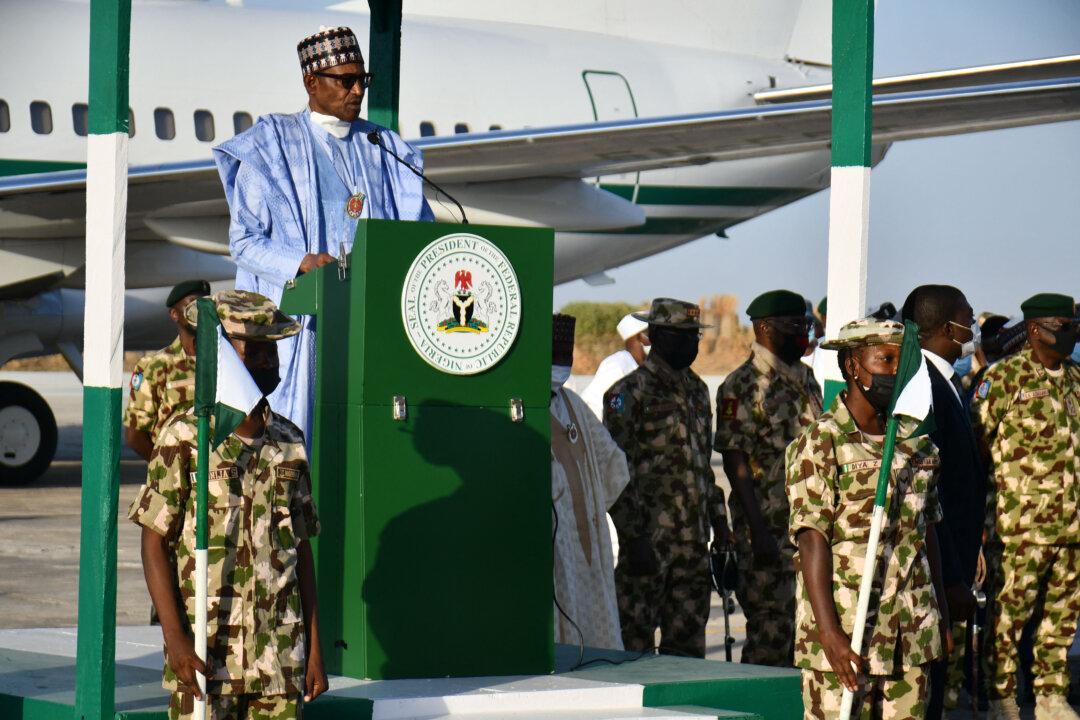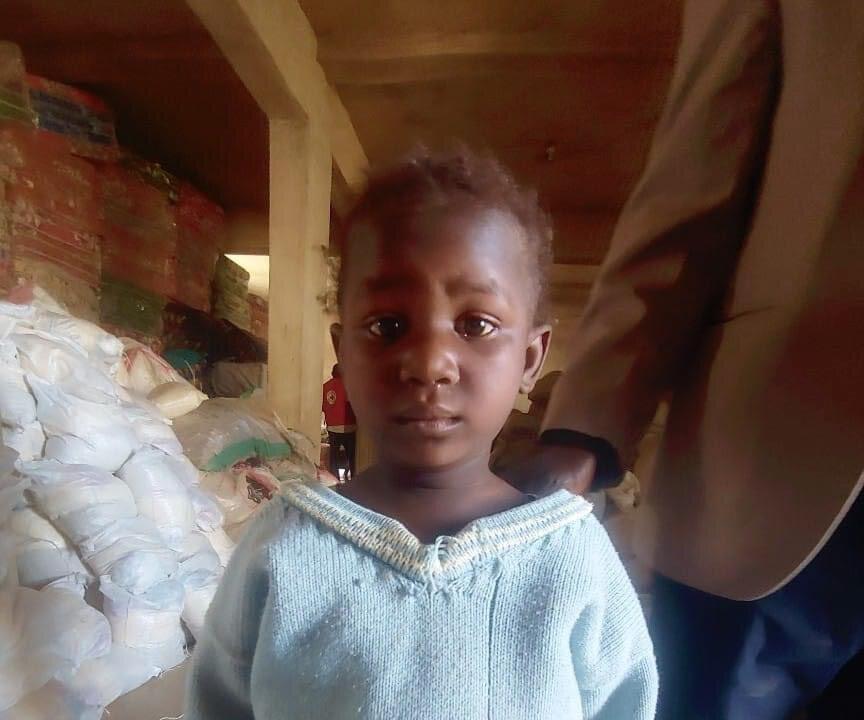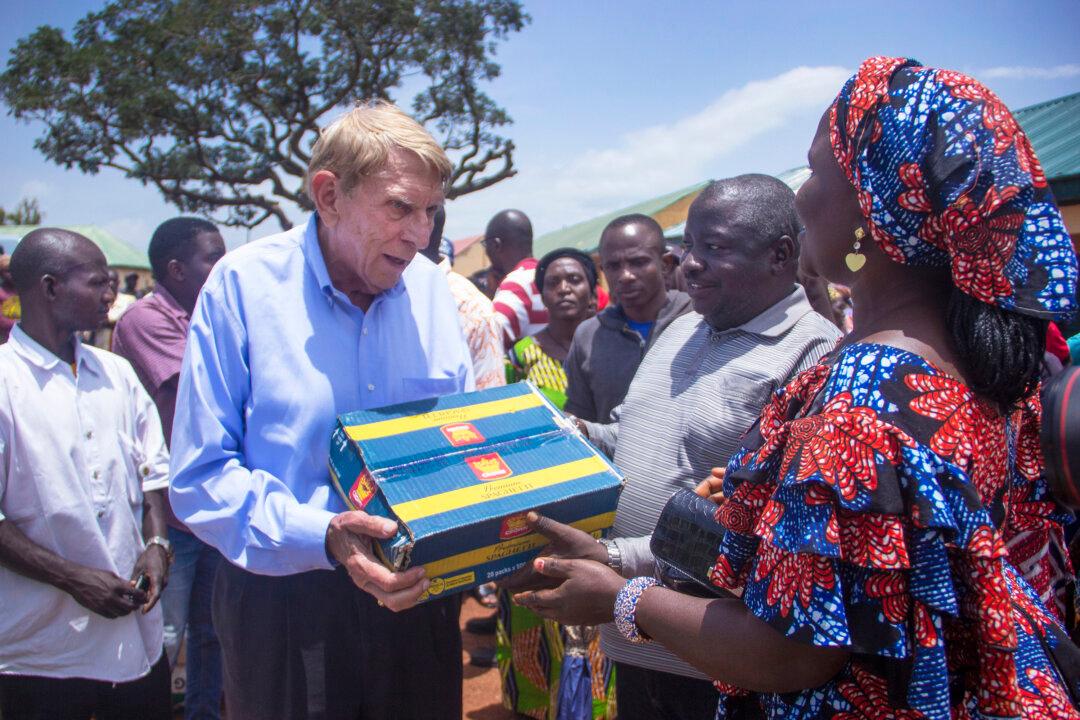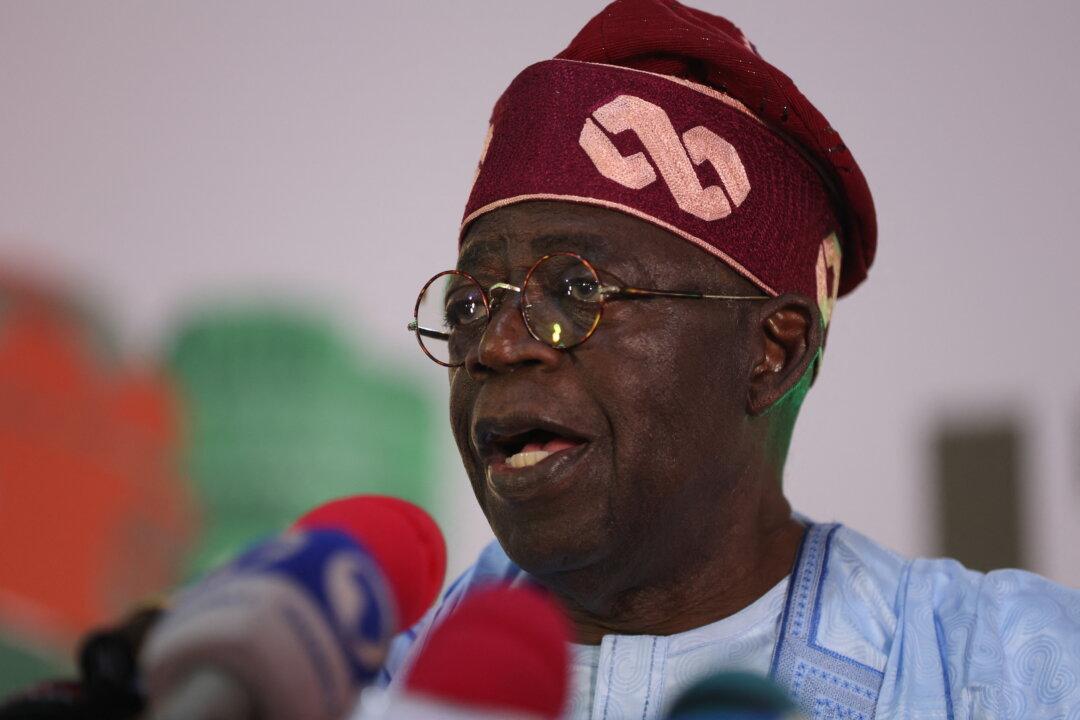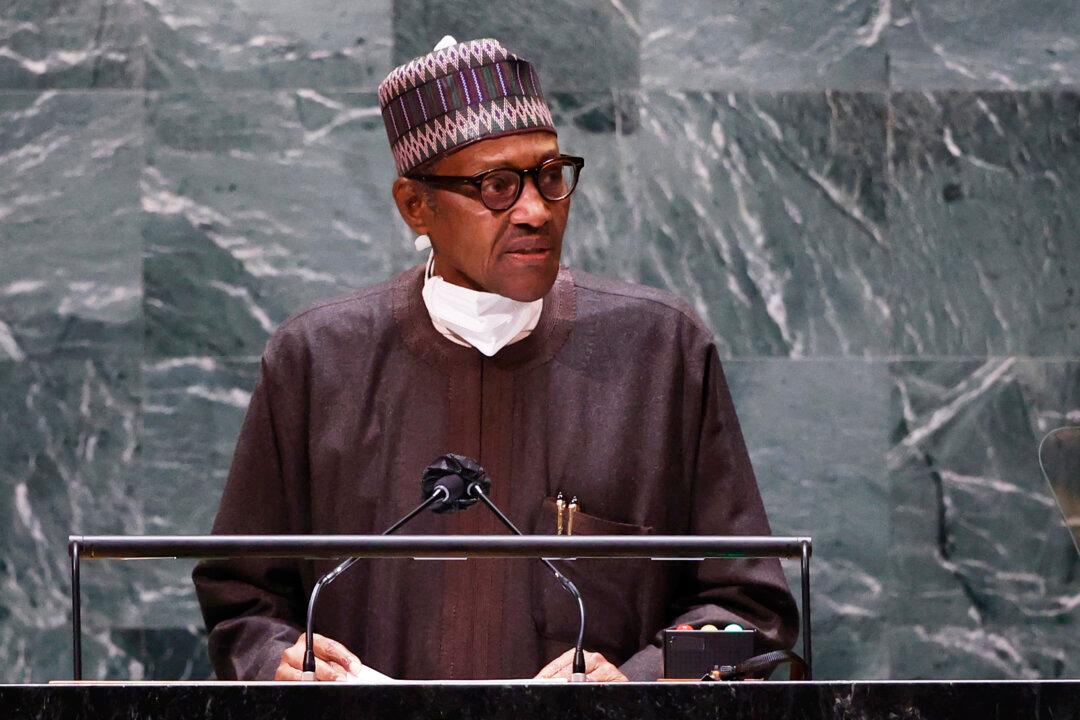ABUJA, Nigeria—A series of terror attacks near Nigeria’s seat of power has embarrassed officials and threatens to disrupt the country’s general elections in 2023.
Three incidents near the capital, Abuja, on July 5 have shocked President Muhammadu Buhari and exposed his administration’s failure to end terrorism during his seven years in power.
